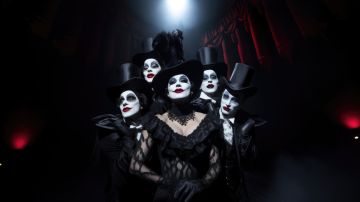A great movie is more than just compelling visuals and strong storytelling—it’s also about how it makes us feel. One of the most powerful tools in cinema is the soundtrack, which has the ability to enhance emotions, build suspense, and make scenes unforgettable. Whether it’s an orchestral score swelling at the climax of a film or a well-placed song that defines a moment, music plays a crucial role in shaping the audience’s experience.
From the very first notes of a film’s opening credits, the soundtrack begins to guide the audience’s emotions. A lighthearted melody sets the stage for a fun and uplifting experience, while deep, dramatic tones immediately create tension and suspense.
Think about how the eerie two-note theme from Jaws signals danger before you even see the shark. Or how the whimsical music in Harry Potter instantly transports you into a world of magic and wonder. The music acts as a bridge between the story and the audience, helping to establish the film’s atmosphere from the very beginning.
Some of the most emotional moments in film history wouldn’t be the same without their iconic scores. Imagine the final scene of Titanic without the hauntingly beautiful notes of My Heart Will Go On, or The Lion King’s opening sequence without the powerful vocals of The Circle of Life. Music has the power to make us cry, laugh, or feel inspired, strengthening our connection to the characters and their stories.
Even subtle background music can intensify emotions, making moments of love feel more heartfelt or moments of loss even more tragic. Film composers carefully design their scores to evoke just the right emotions at the right time.





